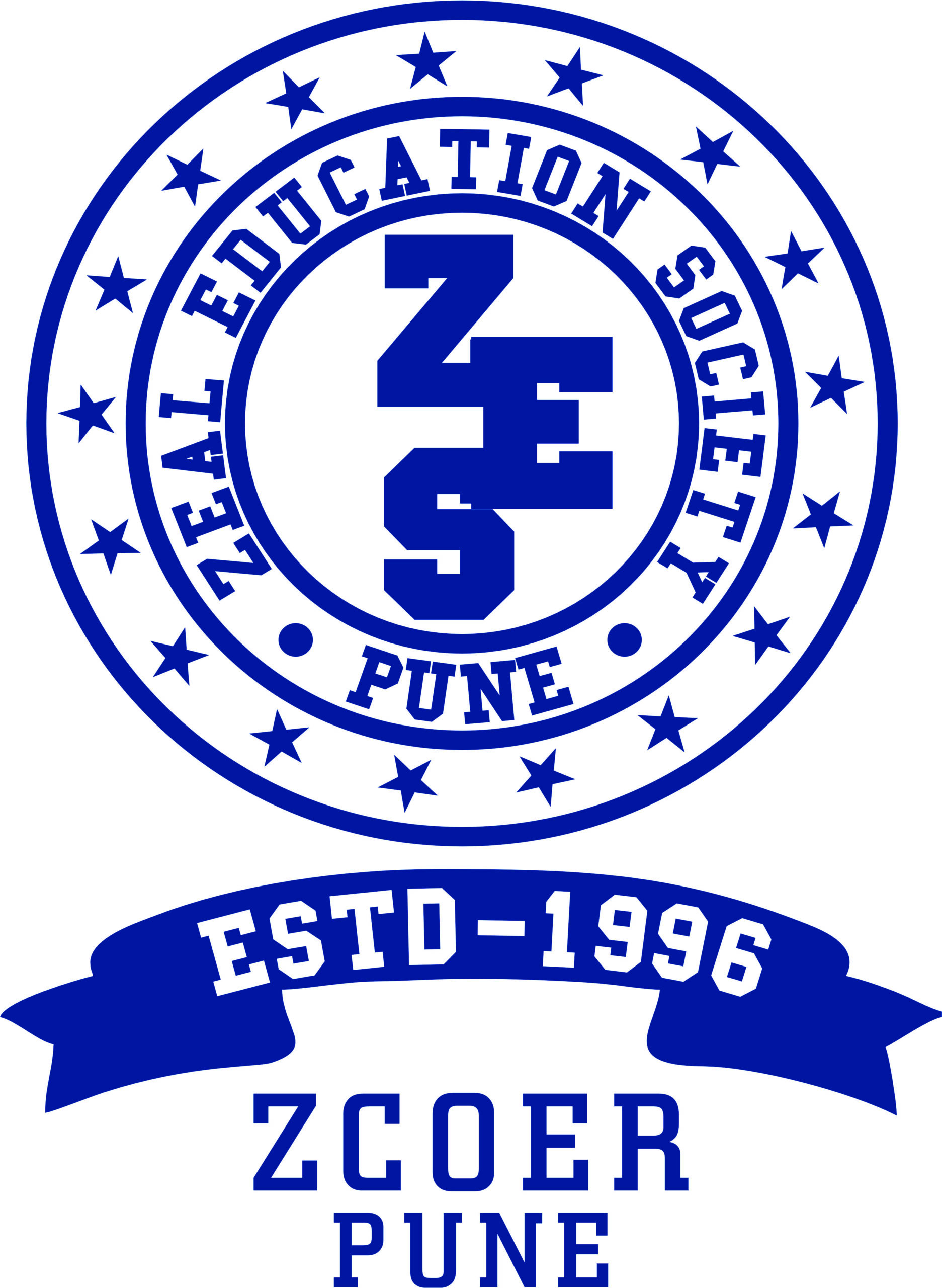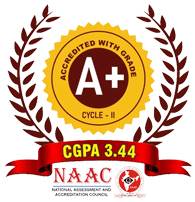Electrical Engineering
- Electrical Engineering
- About Department
- From HOD Desk
- Vision & Mission
- PEO & PSO, PO & CO
- Autonomy Constitution
- Faculty Profile
- Lab Facilities
- Innovations in Teaching – Learning
- Research & Publications
- Skill Development
- Faculty Achievement
- Students Achievements
- Student Association / Chapter
- Placement and Internship
- Center of Excellence
- Life @ Electrical
- Downloads
- Newsletter / Magazines
- PBL
- Final Year Projects
Introduction:
The advancement of digital communication tools has significantly transformed the education sector. The faculty of the Electrical Engineering Department at Zeal College of Engineering and Research (ZCOER) has adopted WhatsApp-based interaction to enhance teaching-learning activities. This report explores the implementation, benefits, and impact of using WhatsApp as a communication platform between faculty and students.
Objective:
The primary objectives of utilizing WhatsApp for student-faculty interaction include:
- Facilitating informal communication
- Providing a platform for quick questions and clarifications
- Enhancing student-faculty interaction
Implementation:
The faculty members of the Electrical Engineering Department have established dedicated WhatsApp groups for different classes and subjects. These groups serve as a medium for communication outside of class hours. The interactions include:
- Sharing important announcements and updates
- Providing additional learning materials, links, and resources
- Addressing student queries promptly
- Conducting discussions on complex engineering topics
- Sharing assignments and deadlines
Benefits of WhatsApp-based Interaction:
The use of WhatsApp in teaching-learning has led to several advantages:
1) Improved Accessibility Students can communicate with faculty members conveniently, breaking traditional barriers to formal interactions. This accessibility allows students to seek help at any time, fostering a better learning experience.
2) Quick Resolution of Doubts Students can ask questions related to lectures, assignments, and examinations, which faculty members address in real time. This instant communication prevents misunderstandings and promotes clarity.
3) Enhanced Student-Faculty Engagement WhatsApp facilitates active interaction between students and faculty, encouraging collaborative learning and knowledge-sharing. This platform enables discussions that extend beyond classroom hours, enriching the educational experience.
4) Community Building the WhatsApp group creates a sense of community among students and faculty, making the learning environment more engaging and interactive. It strengthens relationships and promotes teamwork among students.
Conclusion:
The integration of WhatsApp as a teaching-learning tool in the Electrical Engineering Department at ZCOER has proven to be an effective strategy for improving communication, clarifying doubts, and fostering a connected learning community. By addressing the challenges and ensuring proper moderation, WhatsApp can continue to serve as a valuable platform for enhancing student-faculty interaction and academic engagement.
Submit your review | |
1 2 3 4 5 | |
Submit Cancel | |





